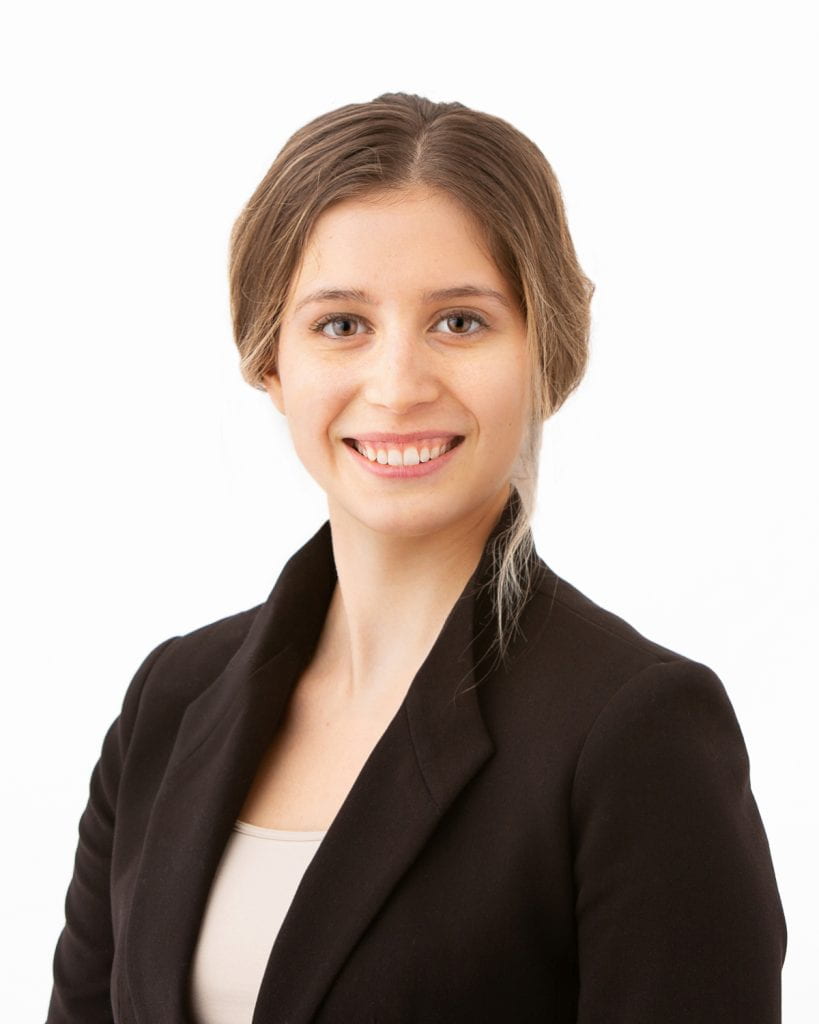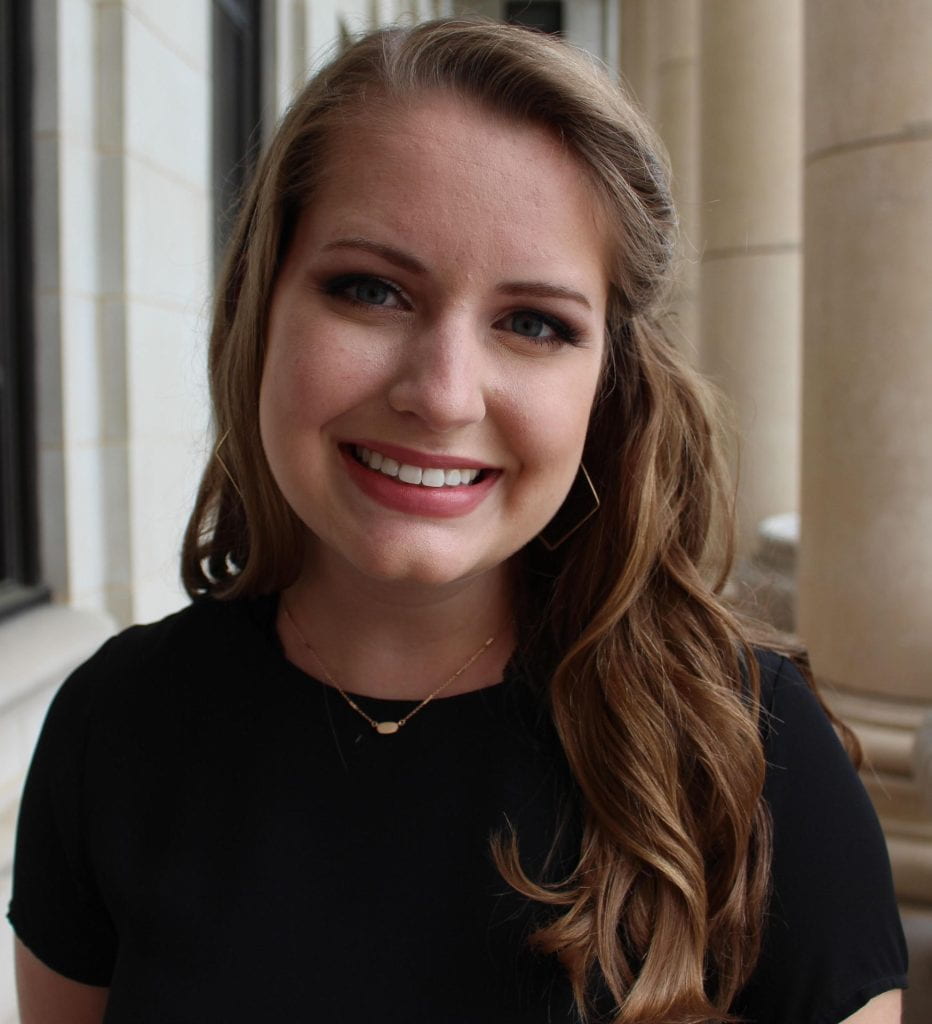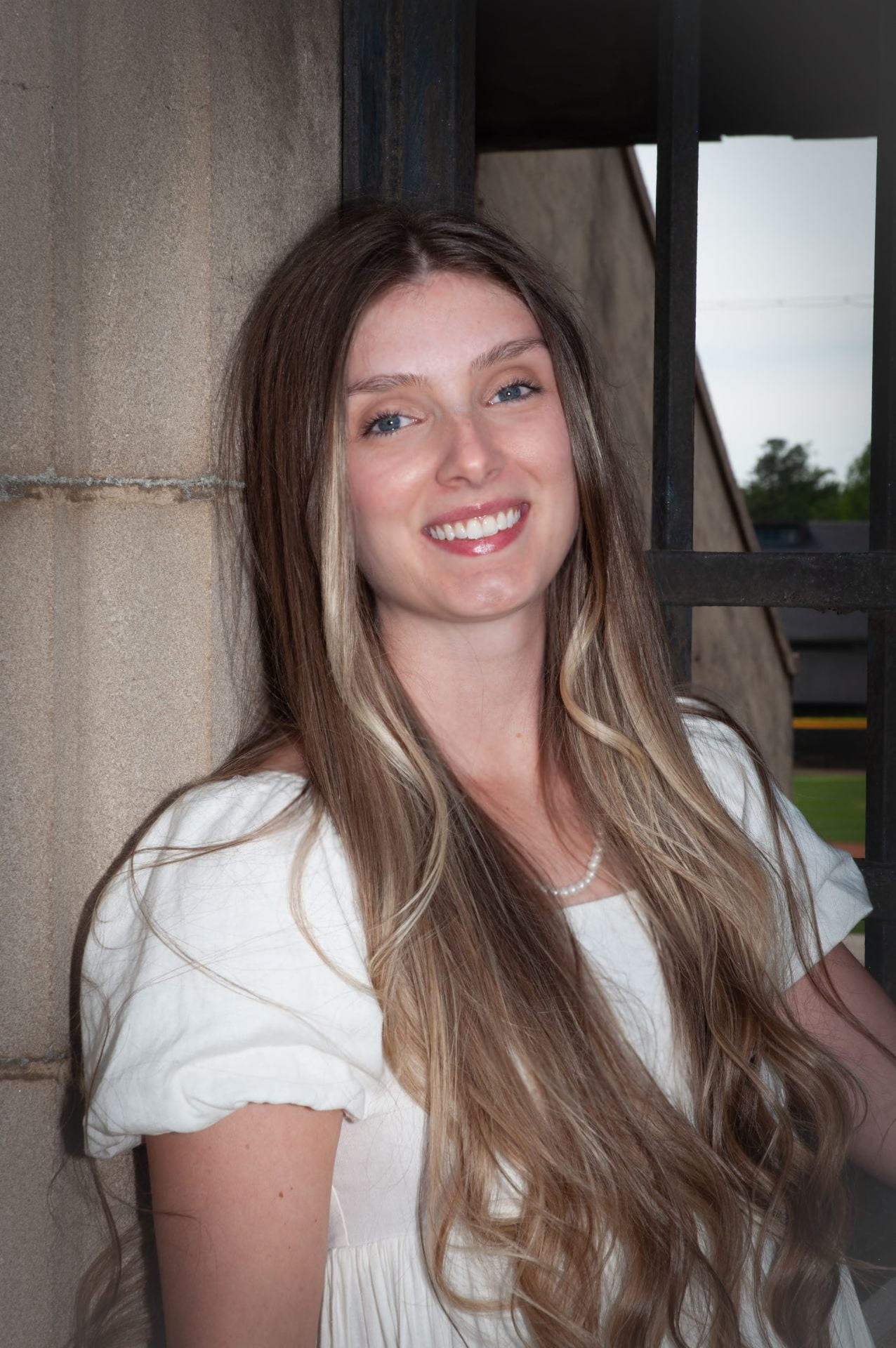DIRECTORS

Phillip Ackerman
Professor of Psychology
Ph.D. (1984)
Quantitative/Measurement Psychology
University of Illinois, Urbana-Champaign
My research spans several related research areas of differential, educational, cognitive, applied experimental, and industrial and organizational psychology.

Ruth Kanfer
Professor of Psychology
Ph.D.
Clinical Psychology
Arizona State University
My research examines the role of motivation, personality, emotion, and self-regulation in training, performance, and work transitions across the lifespan.
GRADUATE STUDENTS

Becca Storey
I graduated with a B.A. in Psychology and a concentration in Management Studies from St. Olaf College in 2019 before coming to Georgia Tech. As a fourth year doctoral student in the PARK lab, my primary research interests include adult learning, aging, and work design. My industry experience so far has been in people analytics.

Spencer Garcia
I graduated with a B.S. in Psychology at Brigham Young University – Idaho in 2019 before coming to Georgia Tech. As a fourth year doctoral student in the PARK lab, my primary research interests include decent and meaningful work and employee well-being. Prior to beginning graduate school I worked in pharmaceutical research conducting clinical human factors trials.

Jenny Erickson
I graduated from Texas A&M University in May 2020 with a B.S. in Psychology before joining the GT PARK Lab as an I/O Psychology graduate student. My current research interests include 21st century workspace design (home and office) as well as employee wellbeing and lifelong learning. I have also completed internships focused on workplace redesign, remote work, and employee development research.

Lucas Provine
I graduated with a Bachelor’s of Science in Psychology from the University of Central Missouri before attending Georgia Tech to pursue I/O Psychology as a graduate student. I joined the PARK Lab in Fall 2020. My primary research interests include the practical application of motivational theories in the workplace and the future of work regarding Human-Robot and Human-AI Interaction.
RESEARCH ASSISTANTS

Katie Cowart
RA
I’m currently working in product operations for lululemon. I graduated in May 2023 with a Bachelor’s degree in Psychology and a minor in Business Administration. My primary area of interest is I/O Psychology. I plan to apply my experience as an undergraduate and a research assistant to pursue a graduate degree.